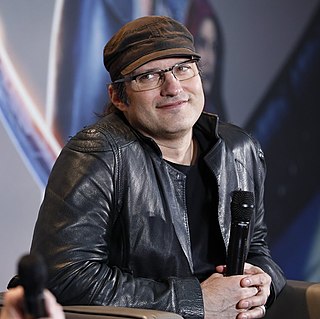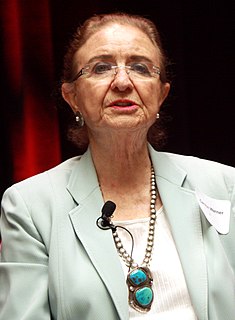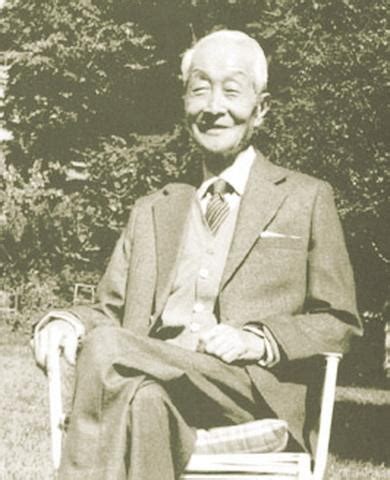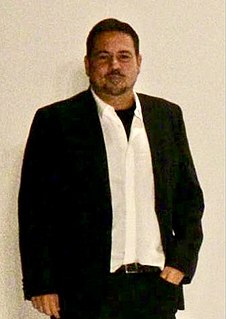A Quote by Brian Kernighan
No matter how non-technical your life and work, you're going to have to interact with technology and technical people. If you know something about how devices and systems operate, it's a big advantage.
Related Quotes
I am convinced that attitude is the key to success or failure in almost any of life's endeavors. Your attitude - your perspective, your outlook, how you feel about yourself, how you feel about other people-determines your priorities, your actions, your values. Your attitude determines how you interact with other people and how you interact with yourself.
Often, very talented technical people find it extraordinarily difficult to take the viewpoint of customers, who are often ignorant about the technology and who may have strong and perhaps incorrect prejudices about it. The technical people may believe, deep down, that they know better what customers "should" need. Customers, of course, have a different perspective. They want products that will solve customer problems and provide other customer benefits, and will do so without undue risk or cost. Not infrequently, customers view advanced technology itself as a risk.
My favorite wrestler growing up was Dean Malenko. He was a very technical wrestler, and when I trained with Shawn Michaels, he wasn't that kind of a technical wrestler. So, when I finally met Regal in 2001, he was that kind of a wrestler, and all of a sudden, I could ask him things, and he would know what I was talking about and how to do it.
The thing about Parsons compared to the other schools is that it really teaches you how to be a designer, whereas some of the other schools teach you to sketch or teach you the technical skills. But the curriculum at Parsons when I was there was how do you put a collection together, as well as all the technical stuff. It's the best training.
No matter how much we know about the other person, there is always something going on in that other heart and that other head that we don't know but can only ponder. And no matter how we explain ourselves to someone else, no matter how open we are, there is always still something inexplicable, something hidden and unknown in us, too.





































